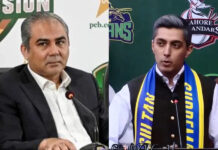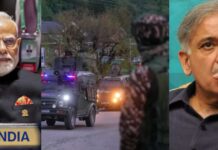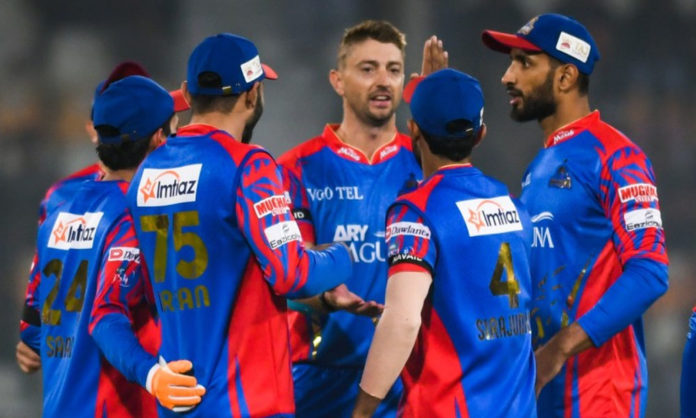The England and Wales Cricket Board (ECB) has officially banned it’s players from participating in the Pakistan Super League (PSL) and other franchise tournaments that overlap with their domestic summer. However, there’s a glaring exception—the Indian Premier League (IPL) is still fair game.
So, what’s the story behind this controversial move, and what does it mean for players and cricket as a whole? Let’s break it down.
Read More: Indian Legend Compares Virat Kohli To Novak Djokovic, Rafael Nadal
Protecting Domestic Cricket—or Is It?
The ECB’s decision is all about timing. No Objection Certificates (NOCs) won’t be issued for leagues that clash with England’s domestic competitions like the Vitality Blast and The Hundred.
According to ECB Chief Executive Richard Gould, the goal is to preserve the integrity of England’s domestic cricket while still allowing players opportunities to earn overseas.
“This policy gives clarity to players and counties. It helps us strike a balance between supporting players and protecting our competitions,” Gould explained. In theory, it sounds reasonable. But the policy is already raising eyebrows, especially since IPL participation remains unaffected.
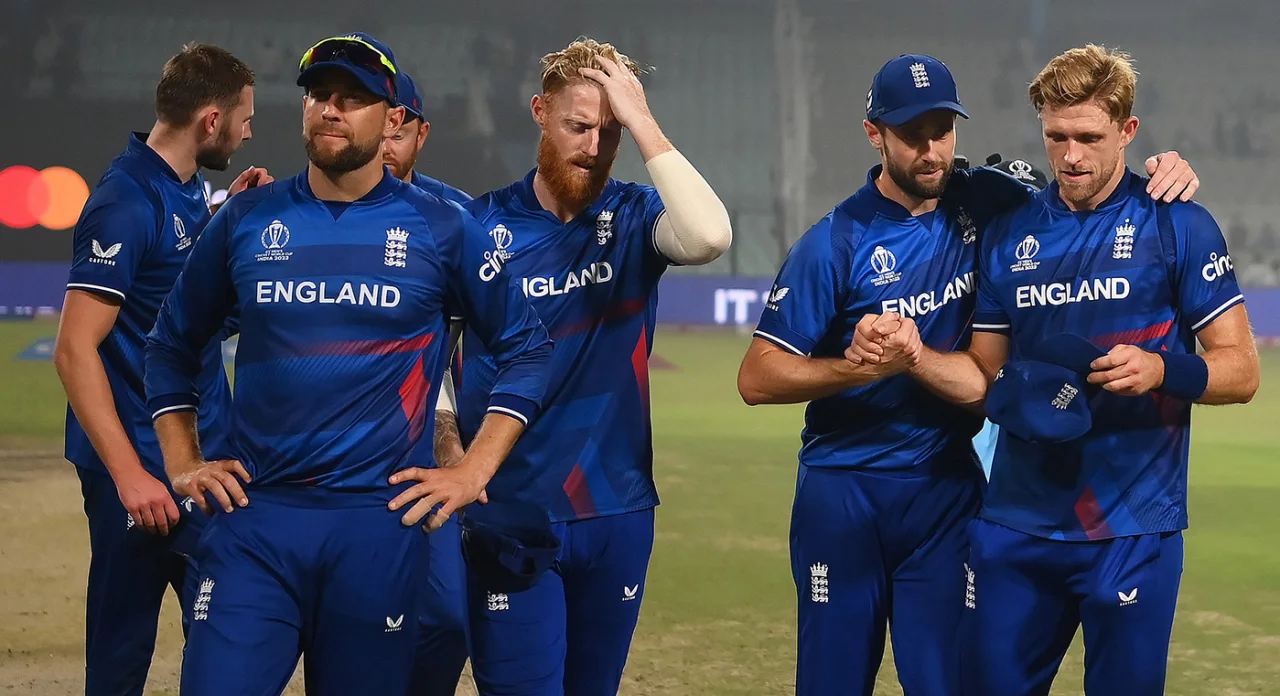
Why Is IPL the Exception?
Here’s where things get a bit murky. Since 2008, England has allowed its players to skip domestic commitments for the IPL, a league known for its sky-high contracts. The PSL and other leagues, however, aren’t getting the same leeway.
Critics argue this creates a double standard. If domestic cricket is so vital, why is the IPL still prioritized? The ECB might defend it by pointing to the IPL’s global prestige and its role in developing players for the international stage, but the fairness of this policy remains questionable.
Who’s Affected the Most?
The timing of the PSL in April 2025 would directly clash with the County Championship’s key stages, which means many England players will not be participating in the upcoming season. Players like Jason Roy and Alex Hales, who have previously opted for franchise leagues over domestic commitments, will now face tough choices.
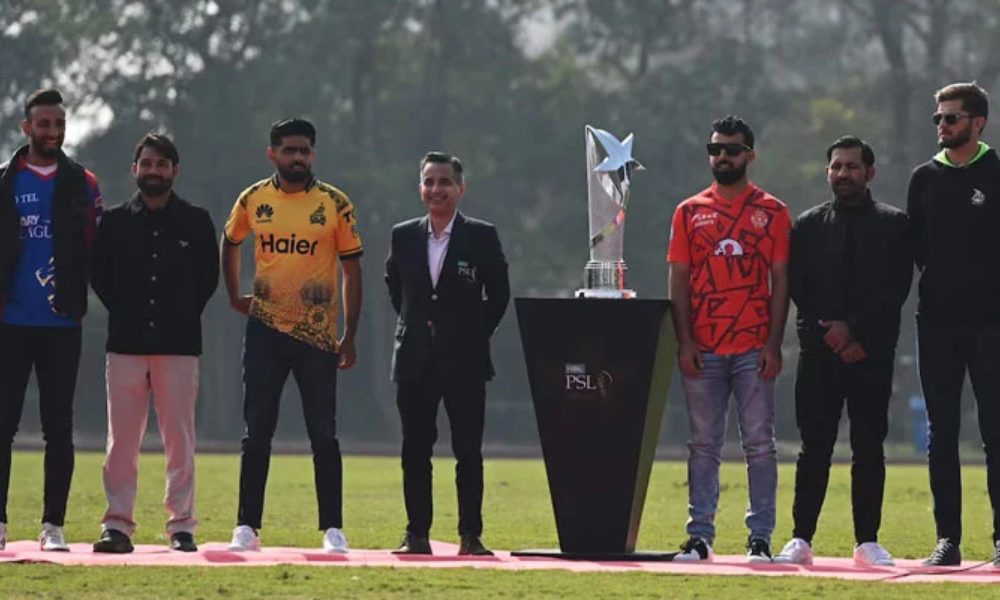
However, there’s a silver lining for some. Players on white-ball-only contracts, such as Saqib Mahmood, may still find ways to participate in overseas leagues. This loophole could soften the blow for those not tied to red-ball cricket.
But what about the rest? For many players, this policy could mean fewer earning opportunities during the domestic season. And in a world where franchise cricket is growing at breakneck speed, that’s a big deal.
Read More: What Are India’s Chances Of Reaching WTC Final After Defeating Australia?
The ECB’s move highlights the challenges of balancing domestic cricket with a rapidly expanding franchise circuit. With over 20 major short-format leagues scheduled for 2025, scheduling conflicts are inevitable. Events like Major League Cricket, Canada’s Global T20, and Sri Lanka’s Premier League are all competing for players’ time and talent.
While the ECB’s decision aims to protect its own competition, it also underscores the growing tension between national boards and franchise leagues. As the game becomes more global, finding a balance between tradition and opportunity will only get harder.
Stay tuned to Brandsynario for the latest news and updates.














